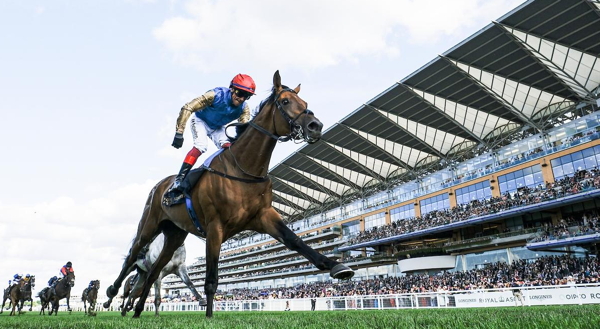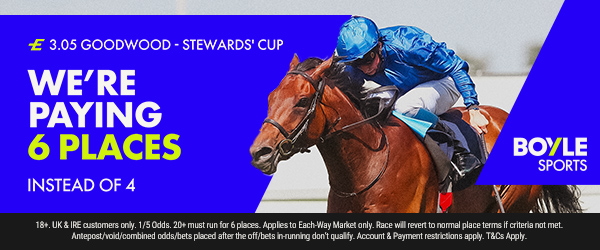 |
RacingBetter News |
| Saturday 1st November 2025 | |
Tax Turmoil & What It Means for Your Bet: How Proposed UK Levy Hikes Could Shift Odds and Value

A significant turbulence is brewing in British racing. The British Horseracing Authority (BHA) warns that the proposed increase in the tax on horse-race bets—from 15 % to potentially 21 %—could undermine the sport’s economics in profound ways.
For punters this isn’t just an industry headline. Odds, value and staking behaviour may all get a subtle re-write.
Why it matters now
The core of the matter: the UK Treasury’s consultation contemplates aligning remote betting duty (currently 15 % in racing) with remote gaming duty (21 %), in effect hiking the tax burden on operators.
Industry modelling suggests this could drive a loss of £66 million a year in funding and as much as £330 million over five years.
Why does that matter for your bet? Because operators absorb cost-pressure and pass some of it on to odds, liquidity and market structure.
In short: less generous markets.
How odds and value may reshape
When operator costs escalate due to higher tax, margin-compression is real. Firms may react by:
-
shrinking promotional offers (free bets, enhanced odds)
-
reducing risk appetite in deeper markets or less liquid racecards
-
tightening payout terms or shifting focus to higher turnover/low margin products
For you: odds on lower-tier races could get tighter, field sizes may shrink, fewer exotic bet types may carry value.
Also, some punters may vote with their feet: moving to platforms less affected by UK tax, or even offshore channels (though regulators warn of risk).
It’s worth noting that such shifts have parallels in how some play across jurisdictions, for example between UK and international markets—but localised tax regimes matter.
Bet strategy tweaks you should consider
Target value early
As odds get tighter, identify where market inefficiencies still exist (lesser-known trainers, Niches).
Stake adaptation
If pools shrink (fewer participants/bets), consider smaller stakes; payout volatility often rises.
Bet-type review
Exotic bets (doubles, trifectas) may become less viable if operator risk-taking drops; simpler win/place bets may present better value.
Book-shop audit
Check operator transparency on odds, market depth and payout; tax changes could encourage consolidation of smaller players and less variety.
Geo-comparative awareness
While your focus may be UK racing, note the global betting landscape; how you view value on the UK may differ from, say, how Ethiopian markets or even offshore markets react. (Some punters compare how they treat domestic versus markets like Ethiopian betting sites in less-taxed jurisdictions.)
Risks you must factor in
-
Value erosion: Higher tax doesn’t vanish—it is absorbed somewhere. If the operator passes cost to the odds, the value to the bettor shrinks.
-
Liquidity drop: If betting turns less attractive (for both punters and operators), you may find fewer markets, smaller pools, and more volatile payouts.
-
Regulatory drift: The consultation is ongoing. The Treasury says speculation that a hike is locked-in is “irresponsible.”
But the sentiment inside racing circles is that something is likely to shift, and sooner rather than later.
The broader picture
This is not just about tax; it’s about funding the sport. Racing’s ecosystem supports trainers, stables, race-courses, local economies in rural Britain. A weaker betting market means less sponsorship, smaller prizes, fewer participants. The sport feeds off healthy betting turnover.
From the punter’s side, the bet is only as good as the market behind it. If the market thins, depth falls, and the odds get less generous, your margin shrinks.
Final thoughts
If you’re a punter engaged with horse racing markets in the UK, this proposed tax shift should prompt you to re-assess: value, market depth, operator choice and bet strategy. The game may not change overnight—but the underlying economics will, and you’ll want to stay ahead. In racing and betting, the smart move often lies in adaptation rather than waiting.







